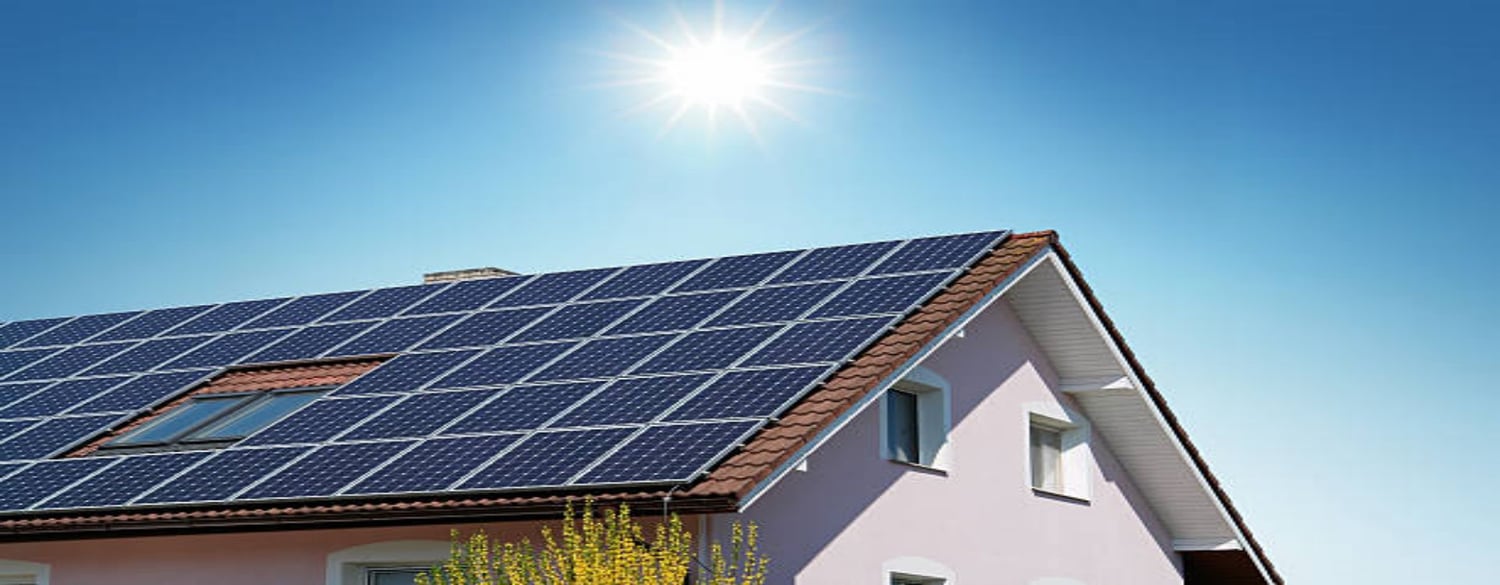What is a solar energy kit?A solar energy kit is a set of solar panels, inverters, and batteries that are designed to convert sunlight into electricity. These kits are typically used in off-grid locations or as a backup power source in case of emergencies.Benefits of Using a Solar Energy KitThere are numerous benefits to using a solar energy kit. One of the main advantages is that they are environmentally friendly and can help reduce your carbon footprint. Additionally, solar energy is renewable and free, which can lead to significant cost savings on your electricity bill over time.Types of Solar Energy KitsThere are several types of solar energy kits available, ranging from small portable kits for camping or RVs to larger kits for residential or commercial use. Some kits come with everything you need to set up a solar system, while others may require additional components such as mounting hardware or extra batteries.How to Choose the Right Solar Energy KitWhen choosing a solar energy kit, it's important to consider your energy needs, budget, and available space for installation. You should also factor in the amount of sunlight your location receives and the efficiency of the solar panels included in the kit.Installation Process of a Solar Energy KitThe installation process of a solar energy kit can vary depending on the size and complexity of the kit. It's recommended to hire a professional installer to ensure the system is set up correctly and safely. However, some smaller kits may be DIY-friendly for those with experience in electrical work.Maintenance of Solar Energy KitsRegular maintenance of your solar energy kit is essential to ensure optimal performance and longevity. This includes cleaning the solar panels regularly, checking for any damage or obstructions, and monitoring the battery levels to prevent overcharging or discharging.Common Components of a Solar Energy KitSome common components of a solar energy kit include solar panels, charge controller, batteries, and inverters. The solar panels capture sunlight and convert it into electricity, while the charge controller regulates the flow of power to the batteries. The batteries store the energy for later use, and the inverters convert the DC power from the batteries into AC power for household appliances.Cost of Solar Energy KitsThe cost of a solar energy kit can vary depending on the size and quality of the components included. Smaller kits suitable for camping or small cabins can start at a few hundred dollars, while larger kits for residential or commercial use can range from a few thousand to tens of thousands of dollars.Government Incentives for Solar Energy KitsMany governments offer incentives and rebates for installing solar energy kits, such as tax credits or feed-in tariffs. These incentives can help offset the upfront cost of the kit and make solar energy more accessible to homeowners and businesses looking to go green.ConclusionSolar energy kits are a convenient and environmentally friendly way to harness the power of the sun and reduce your reliance on traditional energy sources. By choosing the right kit for your needs, properly installing and maintaining it, and taking advantage of government incentives, you can enjoy the many benefits of solar energy for years to come.Quote Inquirycontact us










